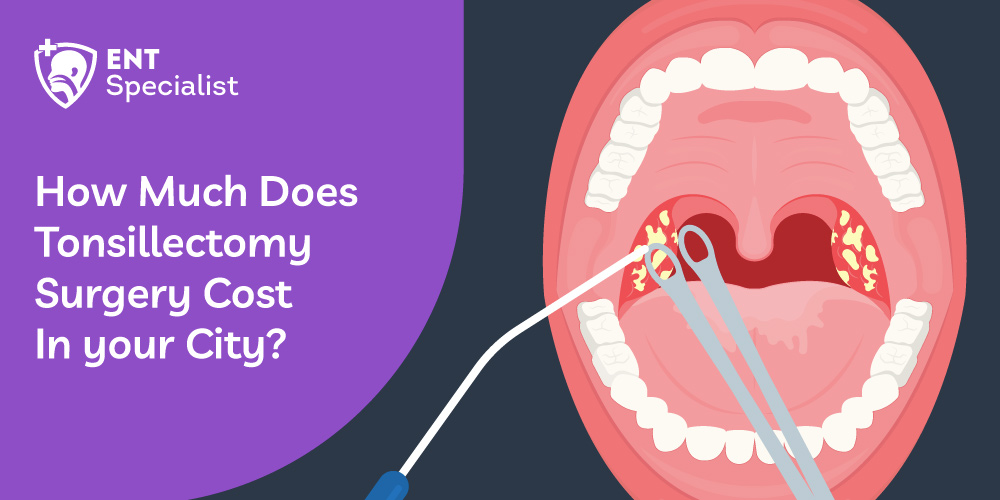Preparing your child for the tonsillectomy
Tonsillectomy is an outpatient procedure which means the patients can go home on the same day of the surgery after consulting with the doctor. However, removing enlarged or infected tonsils can be a frightening experience for some children that can make them anxious or nervous about the procedure. Provide strong reassurance and support to your child by talking to them. Explaining the benefits of surgery can encourage them to undergo surgery. Here is how you can help your child prepare for the surgery and help them feel better –
- Inform your healthcare institute or the ENT doctor about any ongoing medication or medical condition before the surgery. It is important that you inform the ENT doctor about any history of allergic reaction to anesthesia as it might be dangerous for your child during the operation.
- Since tonsillectomy is a major procedure, your child may need a week off from school. Avoid outings for two weeks after the surgery apart from follow-up visits. Your child must refrain from eating or drinking anything 8 hours prior to the surgery. Fasting is important for anesthesia to effectively work and minimize the risk of vomiting during the surgery.
- Recovery is an essential part of the procedure, so it is important to plan a diet accordingly. In addition, you can ask the ENT doctor about any dietary restrictions and pain relievers to help manage the pain for a smooth recovery.
What to expect after your tonsillectomy procedure?
- Tonsillectomy is an effective procedure to cure tonsillitis by removing the infected tonsils via surgical methods. You may experience pain for 2-3 days, which is normal after any surgery. The pain can last for even a week in some cases but decreases gradually.
- There may be some discoloration around the surgical area which may take around 3-4 weeks to recover completely. Meanwhile, the patient must take adequate rest and limit excessive exertion during this time.
- There may be a risk of some bleeding after the surgery, and so you can prescribe some medications that can reduce the pain and help with the smooth recovery. It is important that you keep yourself hydrated by drinking plenty of water to reduce nausea.






